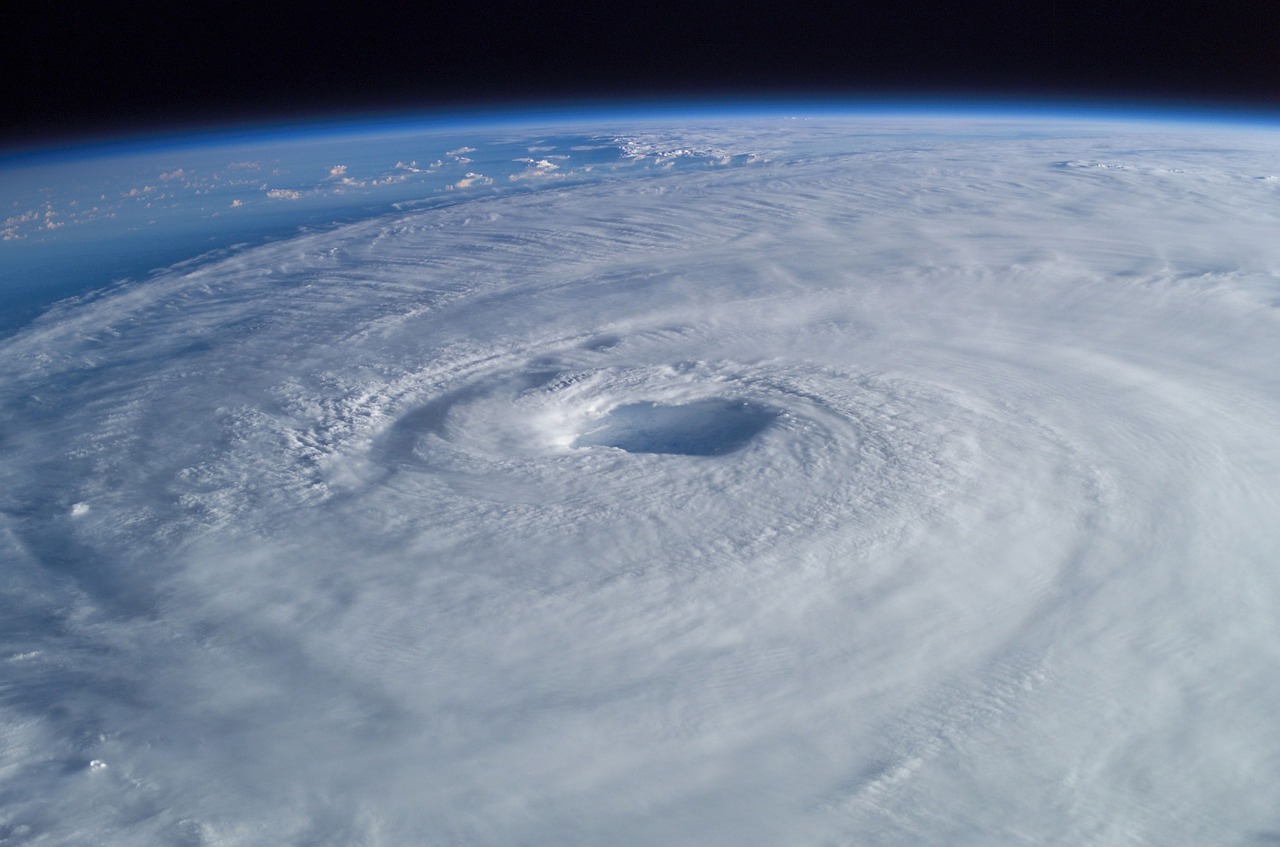News release
From:
Climate science: Earlier onset of intense tropical cyclones in a warming climate
Intense tropical cyclones have tended to occur around three days earlier per decade since the 1980s, according to a study published in Nature. This seasonal shifting may be related to ocean warming, primarily driven by greenhouse gas emissions.
Intense tropical cyclones, defined as tropical cyclones with a lifetime maximum wind speed greater than 110 knots (203.7 km per hour), are one of the most devastating natural disasters. Changes in characteristics of intense tropical cyclones (including the number of cyclones, their intensities and their lifespans) are already well studied, but little is known about changes in their seasonal cycle.
To investigate whether there have been changes in the seasonal cycle of tropical cyclones, Xiping Yu and colleagues analysed satellite data from 1981 to 2017. They found that the occurrence time of intense tropical cyclones shows a trend towards earlier onset, at a rate of 3.7 and 3.2 days per decade for the Northern and Southern Hemispheres, respectively. However, the results showed that the seasonal advance is only notable for intense tropical cyclones, and not for less severe ones. The earlier onset of intense tropical cyclones is shown to be associated with earlier increases of sea surface temperature and ocean heat content, which are driven mainly by greenhouse gas emissions.
The researchers examined data from South China and the Gulf of Mexico, two regions that are heavily affected by tropical cyclones, to investigate the potential effect of earlier intense tropical cyclones on extreme rainfall. The results showed that the earlier onset of intense tropical cyclones contributes substantially to an earlier onset of extreme rainfall, accompanied by an increasing annual amount of persistent rainfall events. Further research is needed to develop strategies to better protect people and regions at high risk of earlier intense tropical cyclones.



 International
International



